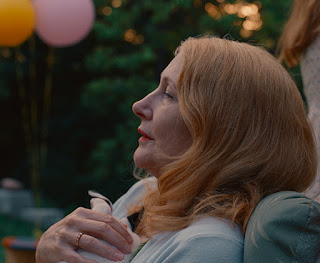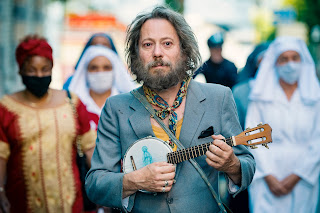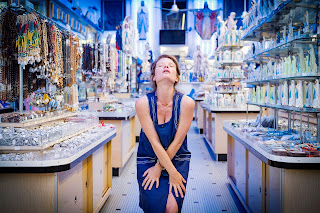While Du Welz's longstanding fascination with the macabre is present in the riveting Maldoror, what is conspicuous by its absence is the streak of jet-black humour normally associated with his work; given that the film focuses on the case of Marc Dutroux, Belgium's most notorious child killer, this seems wholly appropriate. Many consider the string of abduction murders carried out by Dutroux to be the worst crimes in Belgian history—indeed, the impact of the case was so profound that one-third of Belgians with the surname Dutroux sought to change their last name. Prior to the Dutroux affair, the Charleroi suburb of Marcinelle was best known for a 1950s mining accident that killed 262 people; that this disaster has now been eclipsed says much about these brutal murders' terrible legacy.
As such, du Welz needed to take a most cautious approach when preparing his film, which features some fabricated elements in order to provide a sense of justice that many Belgians felt was lacking from the real-life case (the director has cited Tarantino's Once Upon a Time... in Hollywood as a key influence in this regard). The names of the characters have been fictionalised, with Sergi López's skin-crawling Marcel Dedieu serving as a proxy for Dutroux as Anthony Bajon's young police officer Paul Chartier becomes obsessed with linking the suspect to the disappearance of two young girls. The impulsive Chartier is largely hamstrung by both his jobsworth boss Hinkel (Lucas) and a system in which, à la David Fincher's Zodiac, three separate police services are rarely on the same page.
Maldoror is a police procedural that has much else in common with Fincher's touchstone of the subgenre: each film runs to over two and a half hours and features a protagonist whose monomaniacal devotion to cracking a serial killer case results in the loss of their job and family. In choosing to focus on the investigation as opposed to the crimes, du Welz handles the material in a subtle, tactful manner—yet Maldoror remains a queasy spectacle, one that will prove too strong for some. It is now almost 30 years since Dutroux was apprehended—he was caught in 1996, the same year the death penalty was abolished in Belgium—but this dreadful episode remains a highly sensitive matter for many of Fabrice du Welz's compatriots, as does the topic of his next film: the rubber trade in the Belgian Congo.













